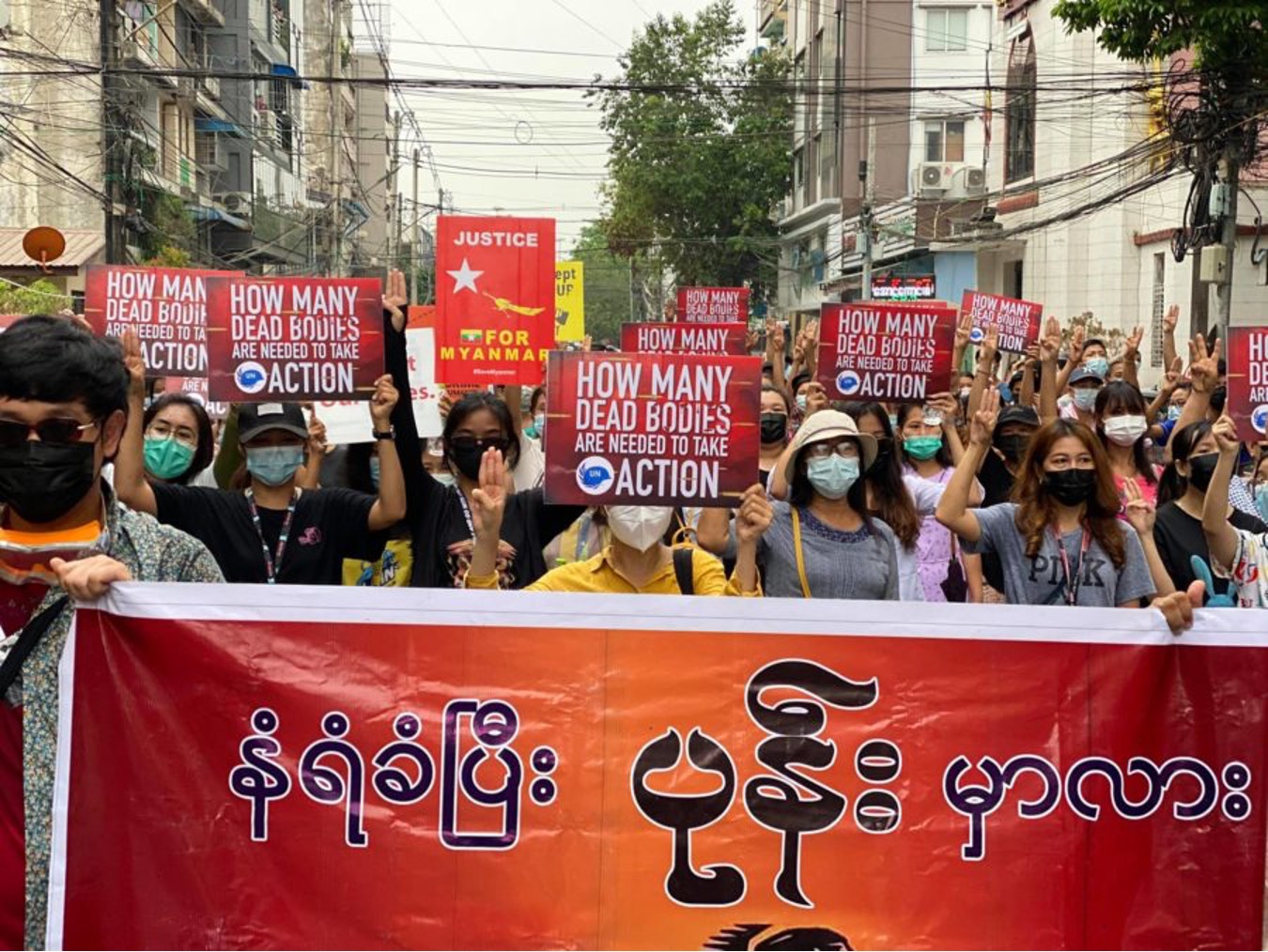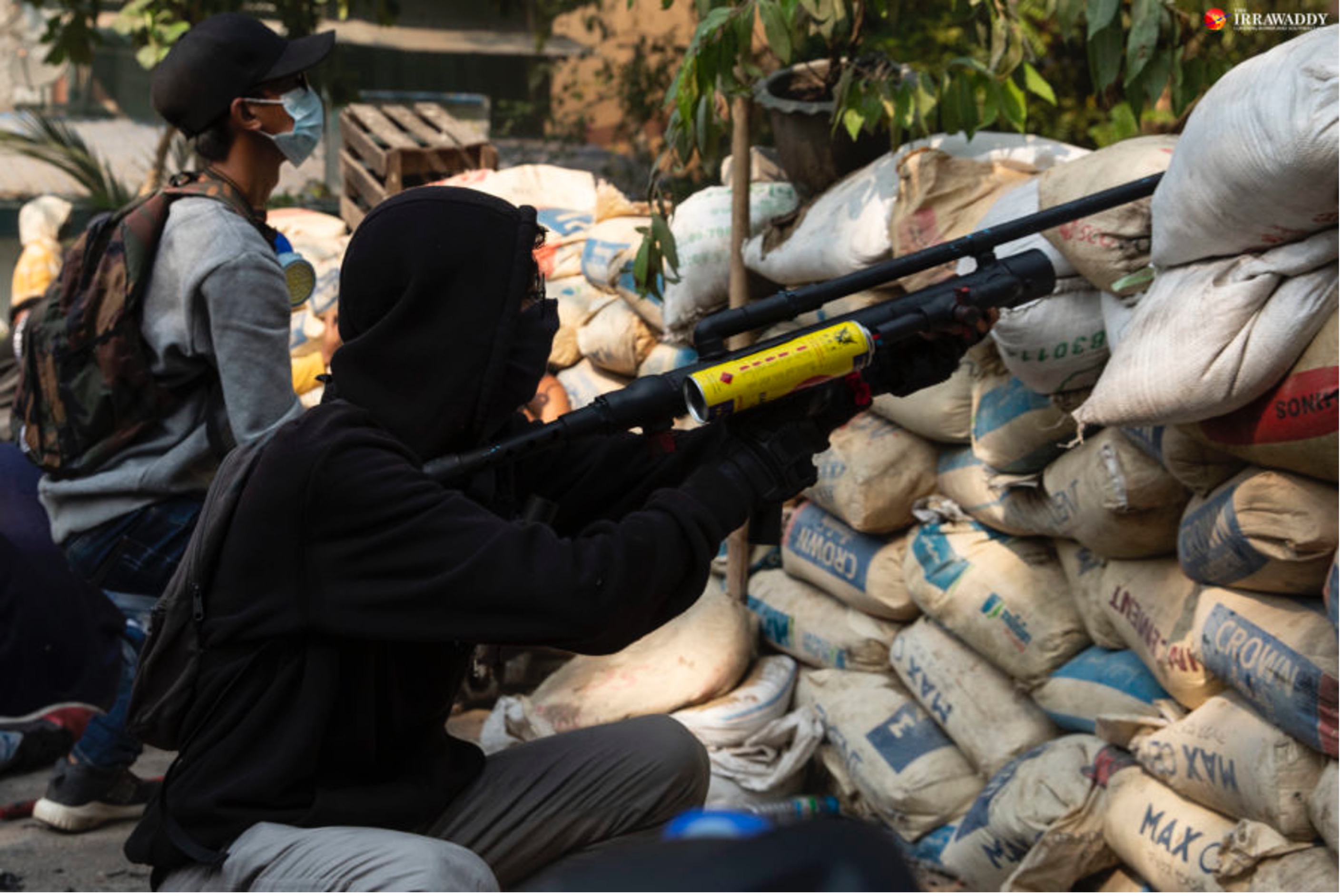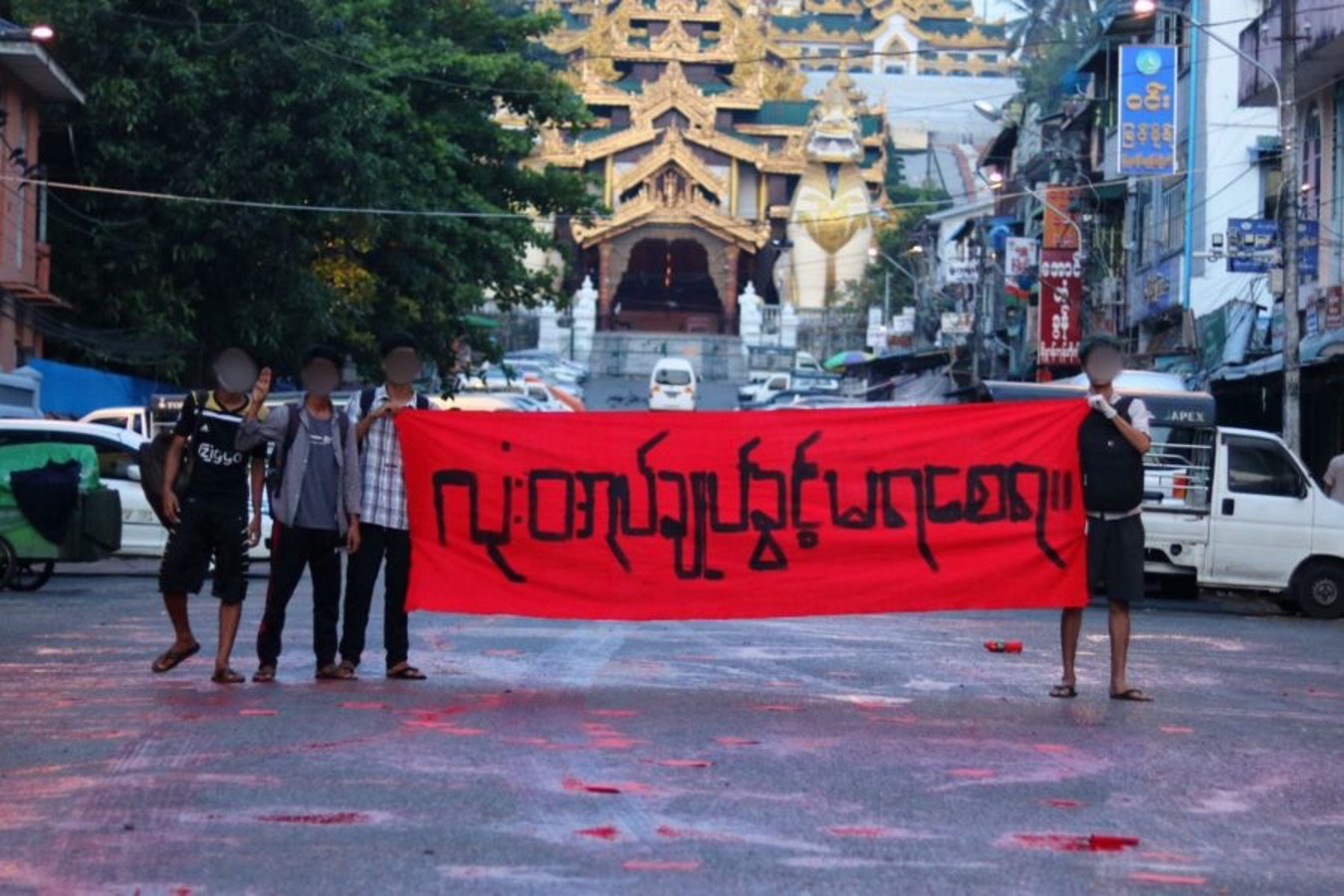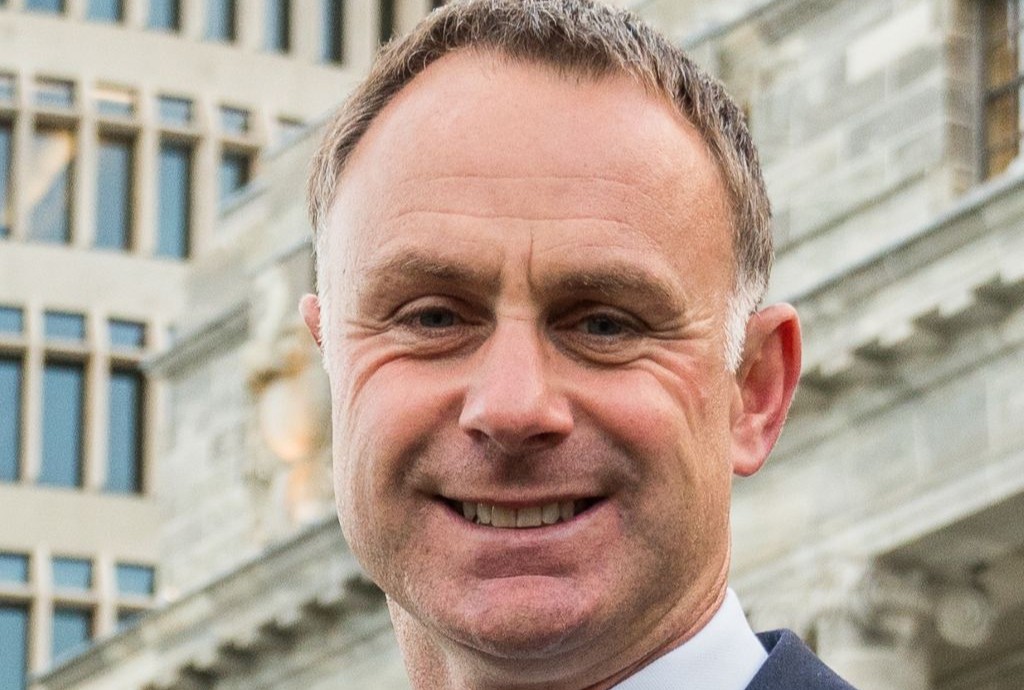Table of Contents
5th May 2021
After three months of the coup, I can do no better than to quote a complete article from the Irrawaddy which is as good a summary of the position that you will get anywhere. The Irrawaddy is struggling along, but still managing to get quality information out given that many of its staff are in hiding.
For loyal readers of Myanmar state-run newspaper the Global New Light of Myanmar and devoted viewers of military-owned Myawaddy TV, it would be easy to form the impression that the country’s coup leader knows all.
The newspaper’s front page and the channel’s news coverage are riddled with Senior General Min Aung Hlaing’s utterances at meetings with his governing council members, government officials and others. He lectured a recent gathering of university rectors on the importance of education. At a meeting of Ministry of Health officials, the senior general “impressed” the assembled experts with his observation that walking was the best and cheapest form of exercise. On an inspection tour of northern Shan State last month, he even “awed” a chief engineer from the Ministry of Construction with his instructions to ensure that rainwater drained off roads properly, lest it weaken them and render them unsafe.

For a man with such a seemingly well-rounded intellect, however, the junta chief—who seized power from Myanmar’s democratically elected government in February claiming last year’s general election was marred by fraud—is doing a dismal job of running the country.
As Myanmar marked three months since the coup on Saturday, many people at home and abroad fear the country is now on the verge of becoming a failed state. The country’s economy is on the brink of collapse. Banks face the constant prospect of a run on deposits as concerns over the country’s stability grow, even in the urban centers. Since the coup, international aid has been suspended, and foreign investors have taken the last train out of town. The UN has warned that half of the country’s more than 54 million people could face poverty next year. Last week, the first prize in the national lottery—normally 1.5 billion kyats (about US$963,000)—was reduced to one third of that amount as people boycott payments of any kind to the government, including paying taxes and buying government lottery tickets.
As of Tuesday, 93 days after the takeover, the old soldier’s achievements can be summarized as follows: a) killing 766 citizens who opposed his rule; and b) arbitrarily arresting some 4,874 people, according to AAPP Myanmar, an independent group monitoring arrests and killings by the junta.
Bertil Lintner, a Swedish journalist who has been covering Asia and Myanmar for decades, put it simply, describing the Feb. 1 putsch as the most unsuccessful coup in modern Asian history, not to mention a total disaster for both the nation and the region as a whole.
“It is also clear that the government the military appointed after the coup is incapable of leading the country. All that it has created is chaos and mayhem,” he said.
In the face of this reality, however, the state-owned and military-controlled media continue to trumpet that law and order have been restored, while normalcy has returned with the country’s administrative mechanism now in full swing.
A closer look at the situation on the ground reveals a far less rosy picture, though.
‘We won’t let you govern us at all’.
Since late March, many in the country have abandoned the idea of peaceful protest in favour of armed resistance in response to the regime’s brutal crackdowns. This determination to “root out the military dictatorship” by any means has unified the country’s racially and religiously diverse, and geographically far-flung, population.

“The only thing the regime has achieved that can be deemed positive is that most of the country is united against them,” said David Mathieson, an independent analyst on conflict, peace and human rights issues in Myanmar.
In Myanmar’s hilly north-western Chin State, local people with rudimentary hunting rifles have formed civilian defense forces and killed dozens of soldiers who tried to crack down on anti-regime protesters there. In the country’s north and south, Kachin and Karen armed groups, unhappy with the junta’s killings of protesters, have launched successful offensives against regime troops. Their attacks have earned ethnic fighters an unprecedented level of wider popular support across the country. Such is the depth of the people’s loathing for the junta and its brutality, any reports of casualties suffered by its forces are greeted with jubilation.
Vowing “We won’t let you govern us at all,” demonstrators and activists from the country’s Irrawaddy valley to the deep south utilize any means at their disposal to express their rejection of the regime—be it marching in street protests, hurling Molotov cocktails at police stations or participating in the non-cooperation movement by refusing to work for the regime or pay taxes. Meanwhile, hundreds of young protesters who just a few months ago were at the head of peaceful protest columns are now undergoing armed training by ethnic armed groups on the borders.
Since late March, not a single day has gone by on which no police station, military unit or government office has been attacked. Two air bases are among the government facilities that have been hit. On Sunday alone, at least a dozen arson or homemade grenade attacks on local military units, government offices and local administrative offices were reported across the country, according to military-run Myawaddy TV. With village- and ward-level administrative offices—the primary elements of the government administrative system in Myanmar—being torched and bombed, the regime’s claim that the government administrative mechanism is now in full swing is utter nonsense.
On Myanmar’s ongoing and unwavering resistance against the junta, Thitinan Pongsudhirak, a professor and director of the Institute of Security and International Studies at Chulalongkorn University in Bangkok, said the regime clearly miscalculated—not just at the expense of Myanmar’s recent democratic reform and the progress that the people of the country enjoyed from 2011, when 49 years of military rule ended, but at its own peril.
He said the regime was operating from an outdated playbook in which the military stages a takeover and suppresses the ensuing uprising, allowing it to rule and consolidate power.
“But this time the pro-democracy uprising is fiercer and more formidable than ever,” he said, explaining that “the last decade [has made] a huge difference” for Myanmar.
“Once people came out of five decades of darkness, they will want to stay under the light and find a better future,” he added.

Meanwhile, the situation in the country has descended into chaos, and the first 90 days of Min Aung Hlaing’s dictatorship only herald more repression and hardships to come for the people. Hundreds of striking medical doctors are in hiding, fleeing charges of incitement. Dozens of university professors and school teachers across the country are the subject of arrest warrants for taking part in protests and supporting the country’s shadow National Unity Government (NUG).
Regionally, the coup leader recently made a mockery of ASEAN leaders’ “consensus” on the steps that Myanmar should take to end the crisis, saying he would carefully consider them, including the cessation of violence, only after the situation stabilizes, effectively consigning the bloc’s intervention to failure. Myanmar is an ASEAN member.
“Now ASEAN and the world must decide what steps must be taken as an illegal junta continues to order more and more Myanmar people be killed, injured or arbitrarily detained,” said Thomas H. Andrews, UN Special Rapporteur on the situation of human rights in Myanmar.
U Aung Myo Min, the NUG’s human rights minister, said the fight against the regime is here to stay, “as people have committed to oppose it by all means,” while the NUG has been engaging with everyone it can—from the UN, regional organizations and foreign governments to individuals—to put more pressure on the regime.
With guerilla warfare likely to intensify in urban areas, he said, the coup has pushed Myanmar to the verge of being a failed state, as the country is now suffering economically and socially, not to mention politically.
“Sadly, it will take about 10 years to fix it all,” he said.
Source The Irrawaddy 5th May 2021.
Please share this article so that others can discover The BFD









